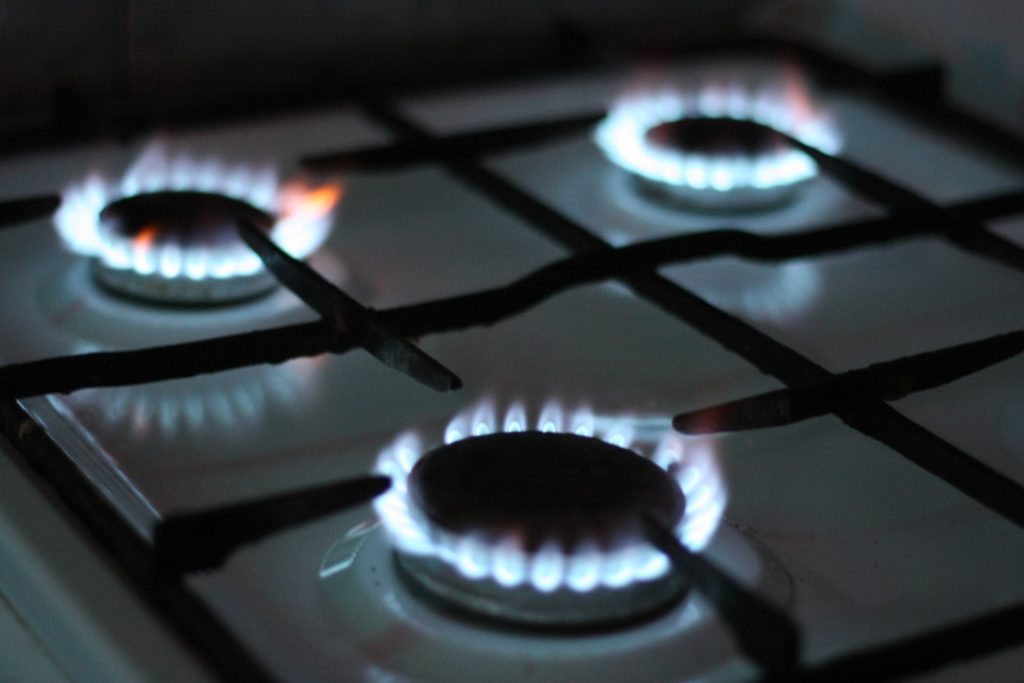In a bid to save gas for the winter months, the European Union will aim to reduce its gas consumption by 15% from tomorrow, the Czech Presidency of the Council of the European Union announced on 5 August.
The reductions are intended to compensate for record-high gas prices and a reduction in deliveries by Russia following its invasion of Ukraine in February.
“The council formally adopted the regulation on gas demand reduction. The text will be published in the Official Journal at the beginning of next week and will enter into force one day after the publication,” the Twitter account of the Czech Presidency of the Council of the European Union said on 5 August.
An agreement on natural gas demand reduction was reached on 26 July, facing opposition from only one member state, Hungary, who said that the measure was “unjustifiable” and “harmful.” Despite protest, the Hungarian government was unable to prevent the enactment of the energy saving measure.
According to the Council of the European Union, the voluntary reduction of natural gas demand is in order to “prepare for possible disruption of gas supplies from Russia” which it says Russia has been using as a “weapon.”
It will be left up to the EU Member States to decide how they will reduce their own gas consumption and the measures are set to last until March next year. The council has allowed for some nations to ask for an exemption from the reductions, or in some cases even a full derogation from the targets.
Currently, the European Union imports around 40% of its natural gas from Russia. Nations are bracing for a “worst-case scenario” in the event that Russia turns off the top of supplies of gas to Europe.
Related News
- Gas pipeline connecting Belgium to the UK has been shut down
- Berlin unplugs major monuments in bid to save energy
For months, Russia has been throttling supply to Europe, using just a fraction of the capacity of the Nord Stream 1 pipeline and cutting off individual nations that refuse to pay gas contracts in Russian rubles.
In the event that there is a “risk of serious shortage” of gas in the EU, a special alert mechanism will make the 15% reduction targets “binding” for all member states. This will still take in the particularities of each country.
Some nations are unable to diversify their gas supplies as they are intertwined with Russia’s gas delivery system and are not connected to a European gas interconnector. These countries will receive emergency deliveries of gas from other EU member states.
Europe is now desperately scrambling to buy up capacity for the winter months, which is being directed into underground storage for the winter months.

